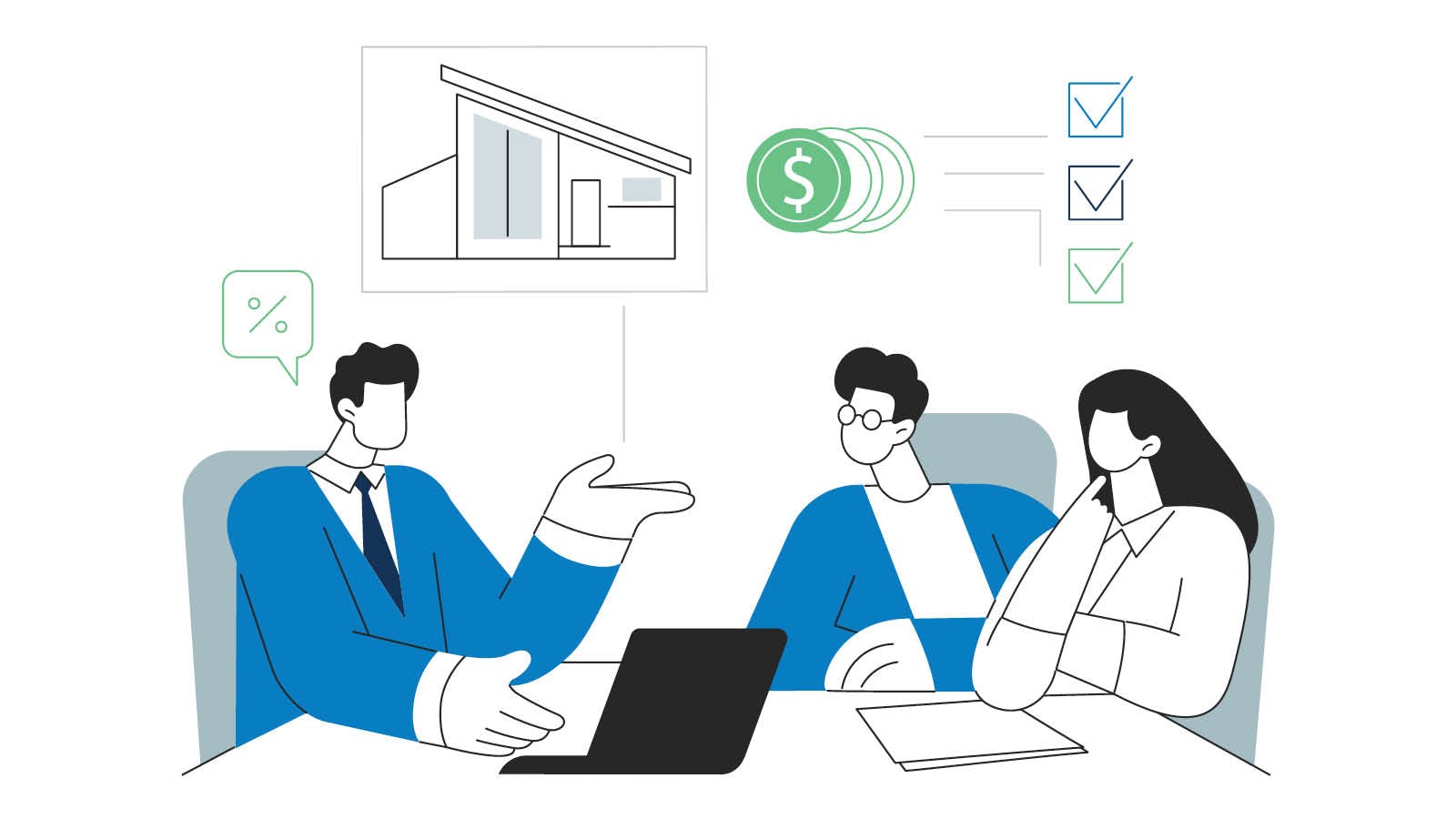What is my credit score?
Your credit score is a numerical representation of your borrowing history used to predict how likely you are to repay a loan on time. FICO credit scores, most commonly used by credit lenders, range from 300-850 with higher scores representing a safer ‘bet’. There are three major credit reporting agencies that collect and maintain your credit information: Transunion, Equifax and Experian. Checking your score with each agency, and making any necessary improvements, is an important step to take early on in the homebuying process. After all, your credit score and mortgage are closely linked.
The credit score needed to buy a house?
Credit score helps determine which loans you may qualify for. Fannie Mae typically requires a score of at least 620 while you may qualify for a FHA loan with a score as low as 580. Your credit score, along with your debt-to-income ratio and down payment amount factor together to qualify or disqualify you from a loan.
Credit score also affects mortgage rates. According to Forbes, assuming nothing in a mortgage application changes except the credit score, someone with a score in the 680-699 range would have a mortgage rate approximately 0.399 percentage points higher than a person with a 760-850 score. This means that over 20 years, the borrower with a 680-699 score will pay over $20,000 more in interest on a $244,000 mortgage than the borrower with a high score.
You can use the myFICO Loan Savings Calculator to compare interest rates, monthly payment, and total interest cost of a mortgage based on your state, mortgage size and credit score.
How can I improve my credit score?
Getting a mortgage despite bad credit is possible, but varied options and bigger savings come with a higher credit score. Work to pay all bills on time and in full. Set bills to auto-pay when possible, and stay apprised of upcoming due dates. Work to keep your credit utilization rate to 30% or less, meaning you never owe more than 30% of the total credit available to you. Keep your oldest accounts open as long as possible, and don’t over-apply for multiple new lines of credit all at once. Your goal should be positive financial habit development because a large jump won’t likely happen overnight. Remember, patience is key.
Your credit score and mortgage
Your credit score is more than just another number! A stellar score may be able to save you money, expand loan options and ensure you get into the home of your dreams. And, while you may not be able to change your salary or down payment amount, you can always work toward a higher credit score.
Published on October 21, 2019


